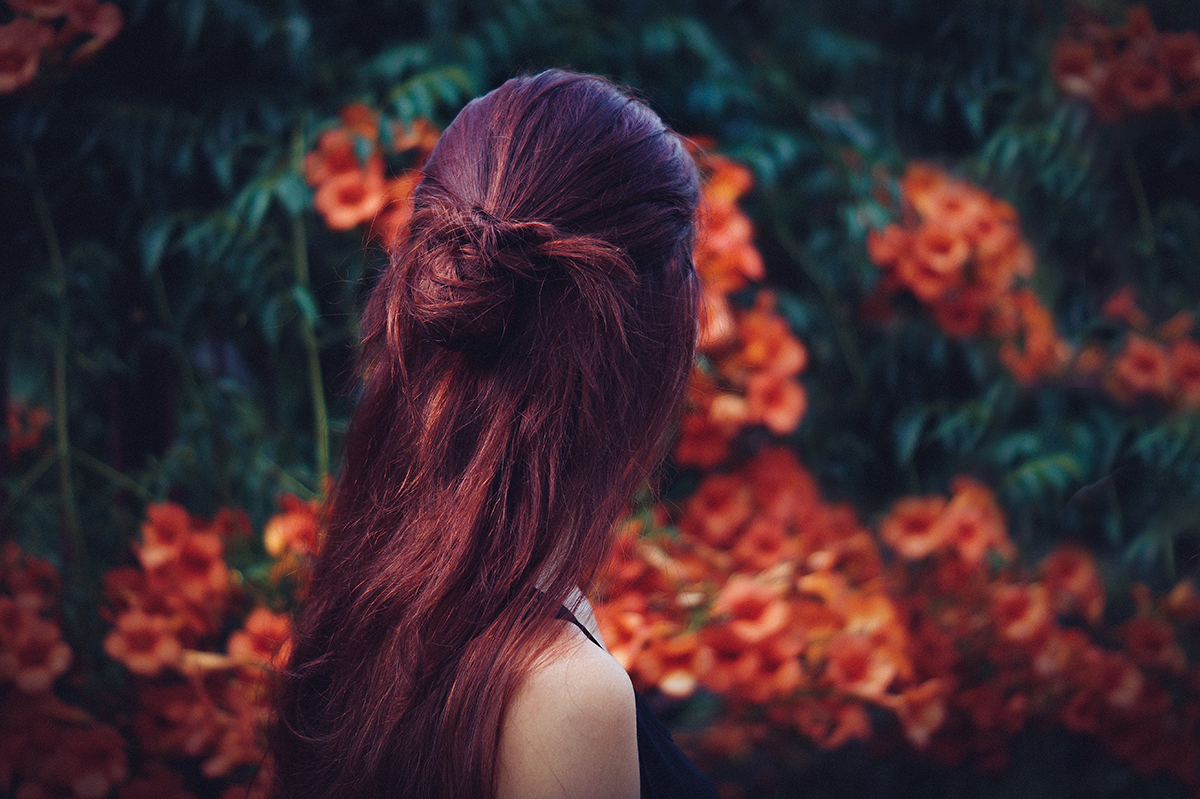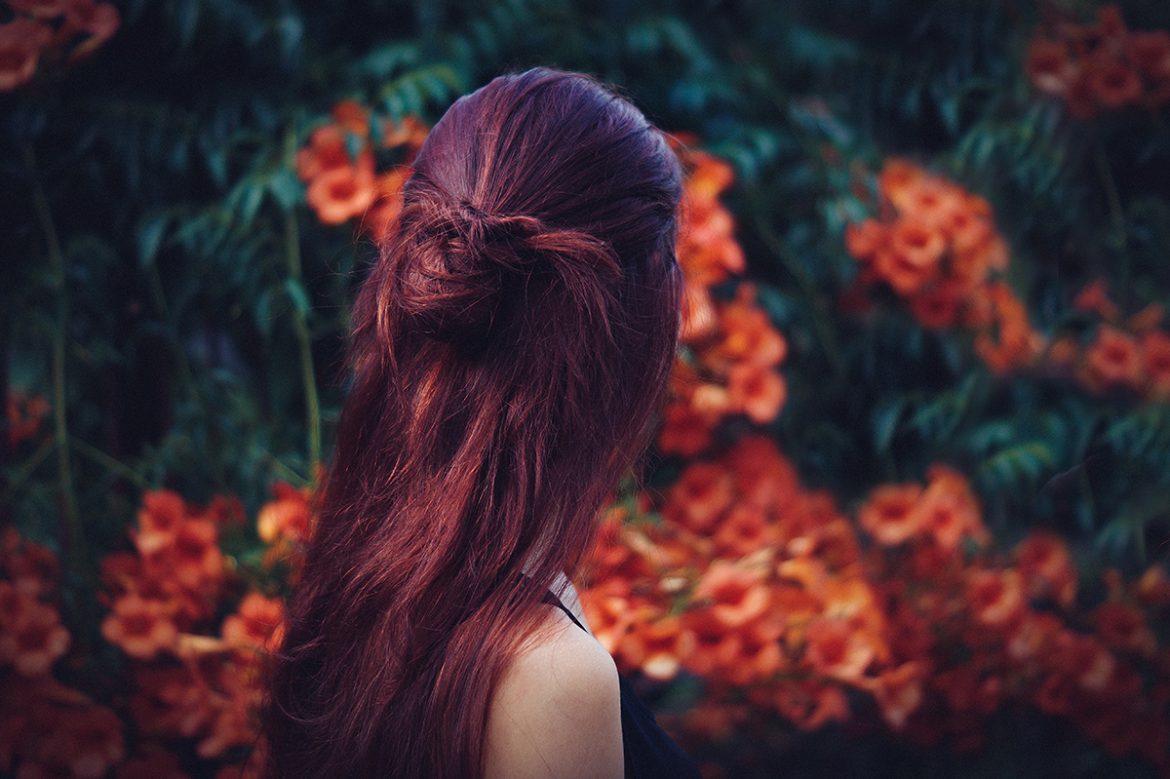 Hair is pretty powerful. Our hair is often viewed as a reflection of our identity. A bad hair day can equate a bad day. When a persons hair is too fine, too frizzy, too dry, turning grey, or falling out, it can greatly affect their self-esteem. A good hair day makes you feel like you could take on the world. The deep personal connection between hair and self-esteem can be seen across continents, cultures, religions, and history. From tokens of affection to sources of strength, here are some of the things hair has symbolized over time.
Hair is pretty powerful. Our hair is often viewed as a reflection of our identity. A bad hair day can equate a bad day. When a persons hair is too fine, too frizzy, too dry, turning grey, or falling out, it can greatly affect their self-esteem. A good hair day makes you feel like you could take on the world. The deep personal connection between hair and self-esteem can be seen across continents, cultures, religions, and history. From tokens of affection to sources of strength, here are some of the things hair has symbolized over time.
Identity
This first symbol may seem a bit obvious. A haircut can instantly change how you feel and how you are perceived by the world. Even a color change can change everything. There are limitless articles online on what your hairstyle/color says about you. It’s stereotypical, but your hair color is just as powerful for your identity as your haircut.
During the Victorian era, blonde hair was all the rage. Golden locks were associated with youth, beauty, money, and even an angelic halo. Brown hair was portrayed as mature, sophisticated, and smart while redheads were seen as bold, passionate, and fierce. These stereotypes are still seen today, even in mainstream media. You can’t tell a book by its cover, but hair color does come with a set of identifiers. Next time you turn on the tv to your favorite show, take a close look at the hair color of the main characters and their personality.
Liberation
Going through a major life event could be the catalyst for a dramatic hair change. Hair is a symbol of our identity and how we view ourselves constantly changes year after year. Going through a breakup? Got a new job? Expecting a child? When going through a major change, changing your hair, like cutting off your long flowing hair into a short pixie cut, is a small, but powerful way to assert control and alter how the world sees you.
Need an example? Take it back to the 1920’s. Long hair was seen as the ultimate symbol of feminity, health, social status, and wealth for as far back as the Greeks and Romans. Long hair shows you are eating well and had enough leisure time to brush and groom your hair. In the 1920’s, this ideal changed with flappers chopping their lengths into short bobs. The message was one of social rebellion and liberation from constrictive norms. Women began to exert their independence from their previously determined role in society, taking control over their own lives and expressing it through their hair.
Love
You have probably heard the tradition of giving your loved one a lock of hair. It may not seem romantic now, but it was considered a token of affection. Think about it. Hair doesn’t decompose. Because of this, hair was a symbol of eternal life and a reminder of mortality and immortality. Giving a lock of hair to your loved one was a sign of love and devortion, especially before a long period of separation. Cut locks were also considered heirlooms. They would be passed down for generations, plaited or tied with a ribbon, or sewn into book pages. For example, in Victorian times, family members in mourning would keep locks from deceased children or family members. These locks served as mementos and sources of comfort for loved ones. Hair was kept in lockets or sewn into jewelry.
While this tradition may not hold up to the present day, we still do view a lock of hair as important. It is a common superstition to keep a lock of hair from a baby’s first haircut for good luck.
When it comes to picking your school, choose Leon Studio One. Since 1998 we have been providing the most up-to-date, quality education available in the Buffalo and Western New York region. We offer a variety of student loans and financial aid. Leon Studio One School of Beauty Knowledge is a state-of-the-art facility that is conducive to a fun, creative, and informative educational experience. Contact us to begin one of the most exciting and rewarding career opportunities.

